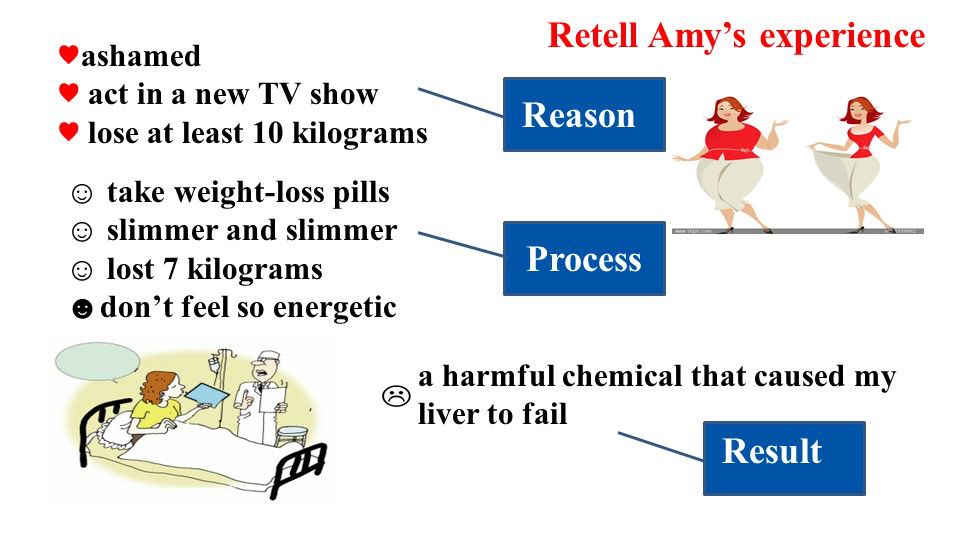Understanding Poverty's Pets: The Unseen Impact of Pet Ownership in Low-Income Communities
#### Description:In many households across the globe, pets are considered beloved family members, providing companionship, joy, and emotional support. Howev……
#### Description:
In many households across the globe, pets are considered beloved family members, providing companionship, joy, and emotional support. However, the phenomenon of **poverty's pets** highlights a unique and often overlooked aspect of pet ownership in low-income communities. This article delves into the implications of having pets in economically disadvantaged situations, exploring the challenges and the emotional bonds that exist between families and their animals.
#### Poverty's Pets: A Dual Perspective
The term **poverty's pets** refers to the pets owned by families living in poverty. While pets can bring immense joy and comfort, they also come with significant responsibilities and challenges, especially for those struggling to make ends meet. Many families in low-income areas adopt pets out of love and the desire for companionship, but the realities of financial strain can complicate this relationship.
#### The Emotional Benefits of Pets

Despite the challenges, pets can have profound emotional benefits for families living in poverty. The presence of a pet can provide comfort and stability in otherwise turbulent lives. For children, pets can serve as a source of unconditional love and support, helping to alleviate feelings of loneliness and anxiety. Studies have shown that interacting with pets can lead to decreased stress levels and improved mental health, making them invaluable companions in tough times.
#### The Financial Burden of Pet Ownership
On the flip side, the financial burden associated with pet ownership can be overwhelming for low-income families. Basic needs such as food, veterinary care, and grooming can quickly add up, leading to difficult choices about whether to prioritize their pet's needs or their own families' necessities. Many families may find themselves in a position where they cannot afford essential veterinary care, leading to health issues for their pets and potential heartbreak for the owners.
#### Community Support and Resources

Recognizing the challenges faced by families with **poverty's pets**, various community organizations have stepped in to provide support. Many local shelters and non-profits offer low-cost veterinary services, pet food pantries, and educational resources to help families care for their pets without sacrificing their financial stability. These initiatives not only help improve the lives of pets but also strengthen the bonds within families and communities.
#### Advocacy for Responsible Pet Ownership
Advocacy for responsible pet ownership is crucial in addressing the issues surrounding **poverty's pets**. Education about pet care, the importance of spaying and neutering, and the long-term commitment required for pet ownership can help families make informed decisions. By promoting responsible pet ownership, communities can work towards ensuring that pets are not seen as burdens but as cherished companions that enhance the quality of life.
#### Conclusion: A Call to Action

The complexities surrounding **poverty's pets** require a multifaceted approach that includes community support, education, and advocacy. By understanding the unique challenges faced by low-income families with pets, we can work towards creating a society that values both human and animal welfare. It is essential to recognize that pets are not just animals; they are family members who deserve love, care, and the opportunity to thrive, regardless of their owners' financial circumstances. Through collective efforts, we can ensure that the bond between families and their pets remains strong, even in the face of adversity.